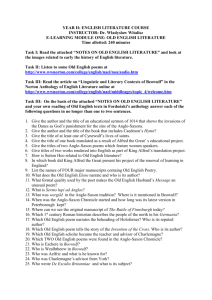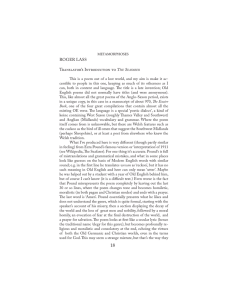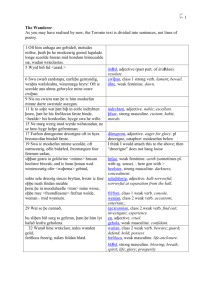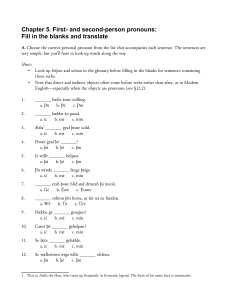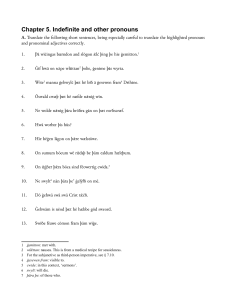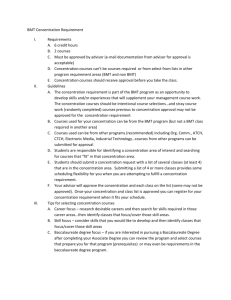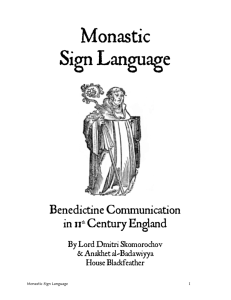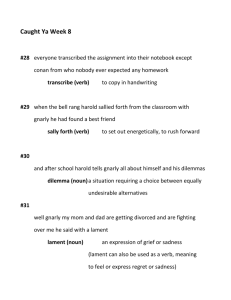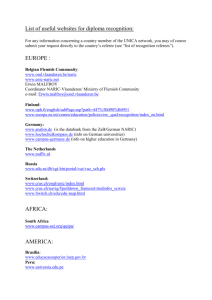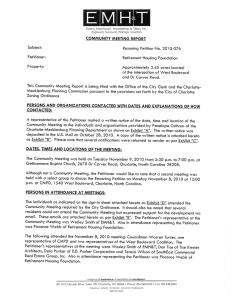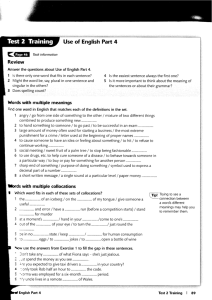THE FATHER'S LAMENT / from BEOWULF
advertisement
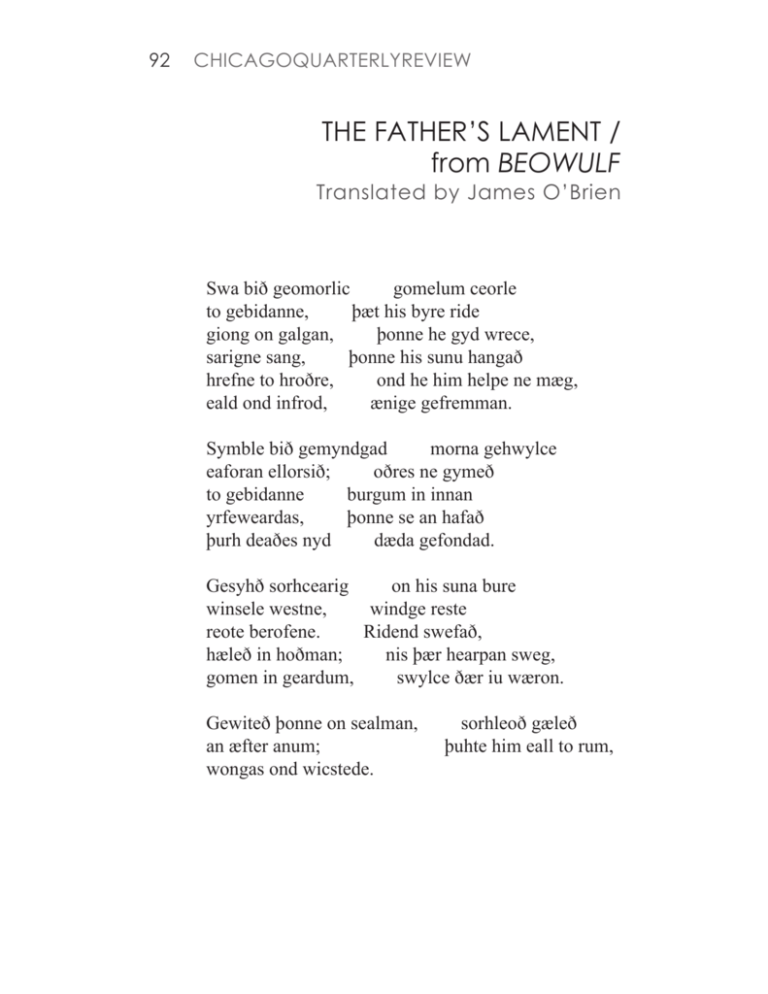
92 CHICAGOQUARTERLYREVIEW THE FATHER’S LAMENT / from BEOWULF Translated by James O’Brien Swa bið geomorlic gomelum ceorle to gebidanne, þæt his byre ride giong on galgan, þonne he gyd wrece, sarigne sang, þonne his sunu hangað hrefne to hroðre, ond he him helpe ne mæg, eald ond infrod, ænige gefremman. Symble bið gemyndgad morna gehwylce eaforan ellorsið; oðres ne gymeð to gebidanne burgum in innan yrfeweardas, þonne se an hafað þurh deaðes nyd dæda gefondad. Gesyhð sorhcearig on his suna bure winsele westne, windge reste reote berofene. Ridend swefað, hæleð in hoðman; nis þær hearpan sweg, gomen in geardum, swylce ðær iu wæron. Gewiteð þonne on sealman, an æfter anum; wongas ond wicstede. sorhleoð gæleð þuhte him eall to rum, THE FATHER’S LAMENT 93 The father abides, he who lives long enough To see his son rock on the gallows. He sings A sorrowed song for his hanging son, no more Than glut to ravens. He can help him no longer. So old. So weak. Nothing to offer. Each morning he wakes, tends his grief, Consumed by his lost son, his passing. He longs for no other to hold his hall, Tired of blood, tired of deeds. Bereft, he looks upon his son’s abandoned abode, The silent halls, the wind-tossed fallow. His son sleeps, another man to the grave. No music. No games. Never again as before. There, he lies alone, weeping. He calls for his boy. It all widens, too vast—
